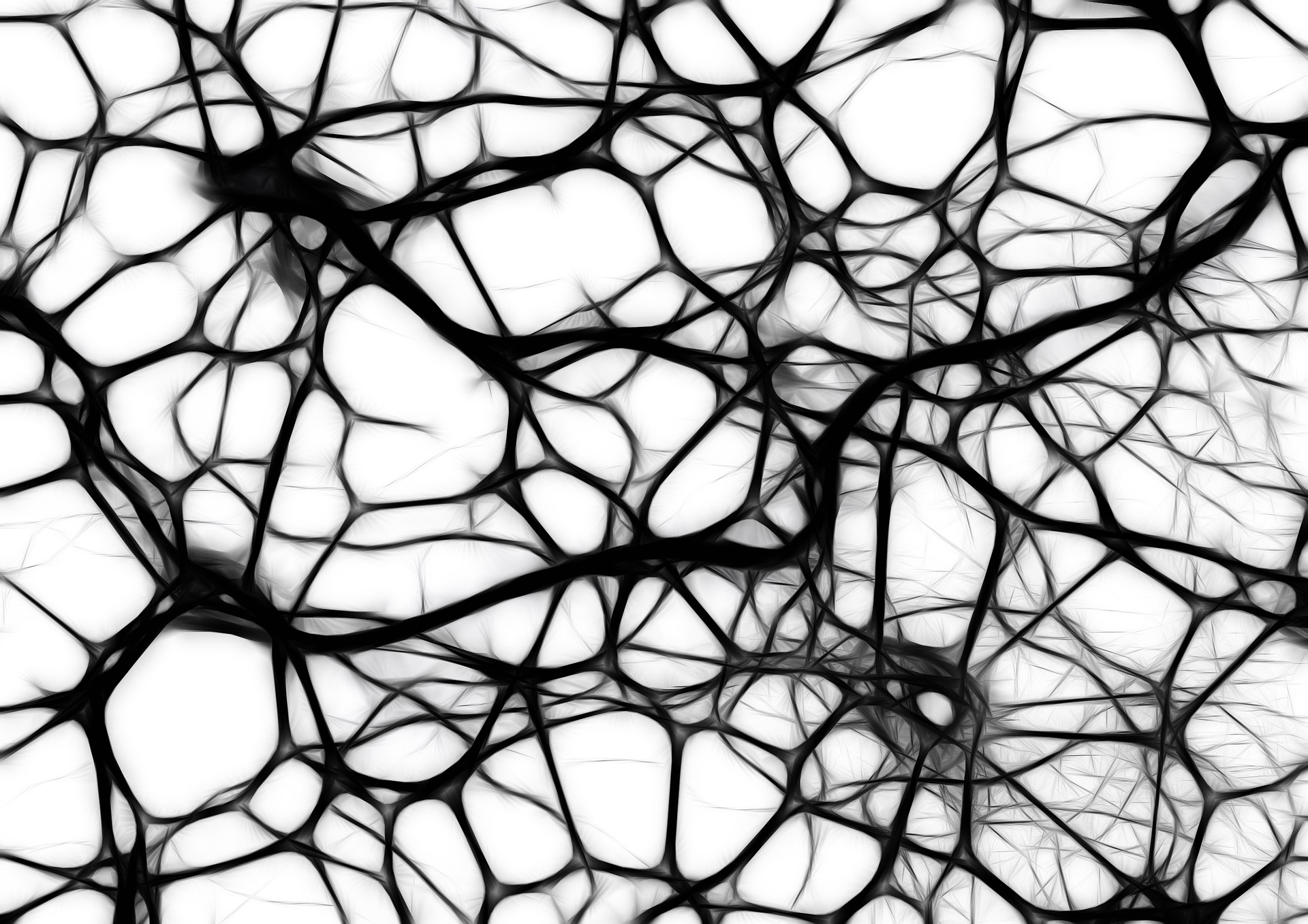Most modern economic and political discussions boil down to the single question: should we trust science? Even to ask such a question, is ridiculous. History knows so many examples of how scientific discoveries simplified and improved our lives. Even the word science becomes almost a synonym for the progress. The brightest minds use the scientific method to discover the truth about the laws of nature. Why, then, so many of us still doubt their reasoning and conclusions? Can we just recognize the academia as the highest authority in resolving all fundamental disputes?
The first question that comes to mind: did we ever do that? The history of science is inseparable from the history of human kinds. It developed exponentially from the time of the ancient Greek philosophers to the scientific revolution. But then, in the middle of the last century, the scientific process sharply slowed down and withered. Science is no more.
To understand what has happened we shall go back into history... of science fiction. Even though literature does not have a direct influence on academic research, the opposite is true. Scientific discoveries inspire writers to fantasize how science and technologies may change our future. Sci-fi literature feeds on scientific speculations, and it also generates ideas of what else we need to discover to make our lives better. That is why science leaves a distinct trace in history in the form of sci-fi novels, stories, and movies. So, instead of studying the long and fascinating history of science, let's watch what has happened in science fiction.
Until the 17th century, literature was focused on philosophy and religion. The first novel that was inspired by the scientific research was Somnium. It was written in 1608 by the German mathematician and astronomer Johannes Kepler. He used the fiction format to describe how Earth would look when viewed from the Moon. More than 250 years later the French novelist Jules Verne published his fantastical prediction of how men would get to the Moon so they may experience such a view. If people could travel to other planets, then it is possible that aliens could also visit Earth. In 1897 the English writer H.G. Wells published his novel The War of the Worlds that depicts an unfortunate encounter with very unfriendly visitors from Mars.
Most people have no interest in the theoretical sciences, but almost everyone loves science fiction. The technical progress slowly converts scientific discoveries to practical implementations that affect the life of millions of people. By the end of the 19th-century, this process has accelerated. The television, the DNA, the atomic bomb, the first man in space, the first man on the moon. In modern times, futuristic science fiction has blossomed. Ray Bradbury, Isaac Asimov, Clifford Simak, Arthur Clarke, Harry Harrison, Stanisław Lem—these writers have popularized technical progress. In the 60s everybody was crazy about other planets and aliens. There was also some fuss about artificial intelligence. But all these robots and supercomputers were only mentioned casually as ancillary tools that would help us to travel through space. Now it is the second decade of the 21st century. There are no hovering cars, no teleportation. We have sent men to the Moon, but we never managed to get beyond the edge of the solar system. But, boy, we do have computers. Concepts of the Internet and the World-Wide-Web turn out to be beyond the imagination of the futurists. Who could have predicted that today people would carry supercomputers in their pockets? Why have the best sci-fi novelists missed this revolution? Sometimes in the middle of the last century, our civilization made a turn that was anticipated by neither scientists nor futurists. Space travel does not excites us anymore. The human kind gets a new toy.
Despite the fact that the invention of microprocessors was a by-product of fundamental scientific research, there is no doubt that computers have changed our lives. They help us in math, engineering, finances, and communication. Digital era has opened a new dimension for creative people: writers, artists, photographers, musicians, and filmmakers. But the most significant disruption it brought to academic research. The ability to automate the most tedious part of the scientific method—data analysis, radically changed the way scientists do their job. Fast processors, allow them to cheat, to look at the answer without solving the problem. Instead of creating hypotheses and testing them through experiments, modern scientists collect data obtained from a variety of sources and use computers to recognize patterns. At first glance, it may seem that this is a good idea. After all, who cares about how we will discover the laws of nature, as long as we can use this knowledge to receive practical benefits? As it turned out, we just threw out the baby with the bathwater. The new approach to making scientific discoveries ignores the most valuable component of structural knowledge—understanding. The greatest achievement of science is the elegant composition of logically interconnected memes, resting on the foundation of philosophy. Hastily computer-guessed mathematical models do not complement this knowledge, they gradually destroy it. The use of automated data analysis for fitting formulas has nothing to do with real science, but it provides the opportunity to make a lot of money.
That is the primary goal of modern science—profit. Data analysts are mining new mathematical models and sell them on the open market. Revealing the mysteries of nature is no longer of interest to them. As we can see, they do not care much about truth either. Producing “theories” that are appealing to the highest bidder is the most exciting game of a new type of “scientist.” It is not surprising that our respect for these people diminishes every year.
We do not know if the real science will ever resurrect. I hope that this will happen someday. And in this case we will face the same question—should we trust science? The answer is simple—never. True scientists do not take anything for granted. Their job is to doubt everything and look for more evidence. Only sci-fi writers should be curious about leading scientific research. The rest of us must wait until engineers verified these ideas and embedded them in working products. We should only trust what has been tested in practice.





